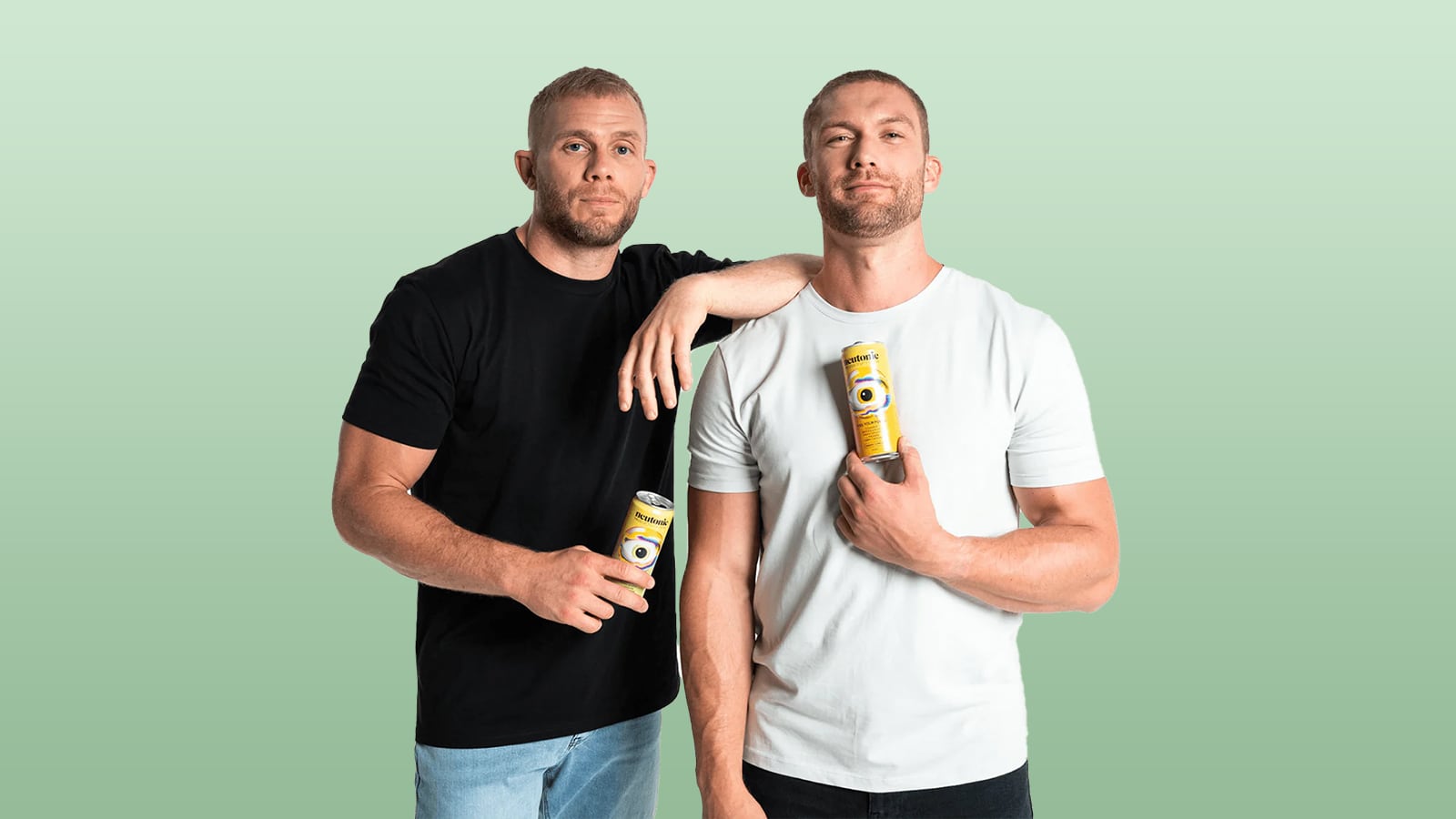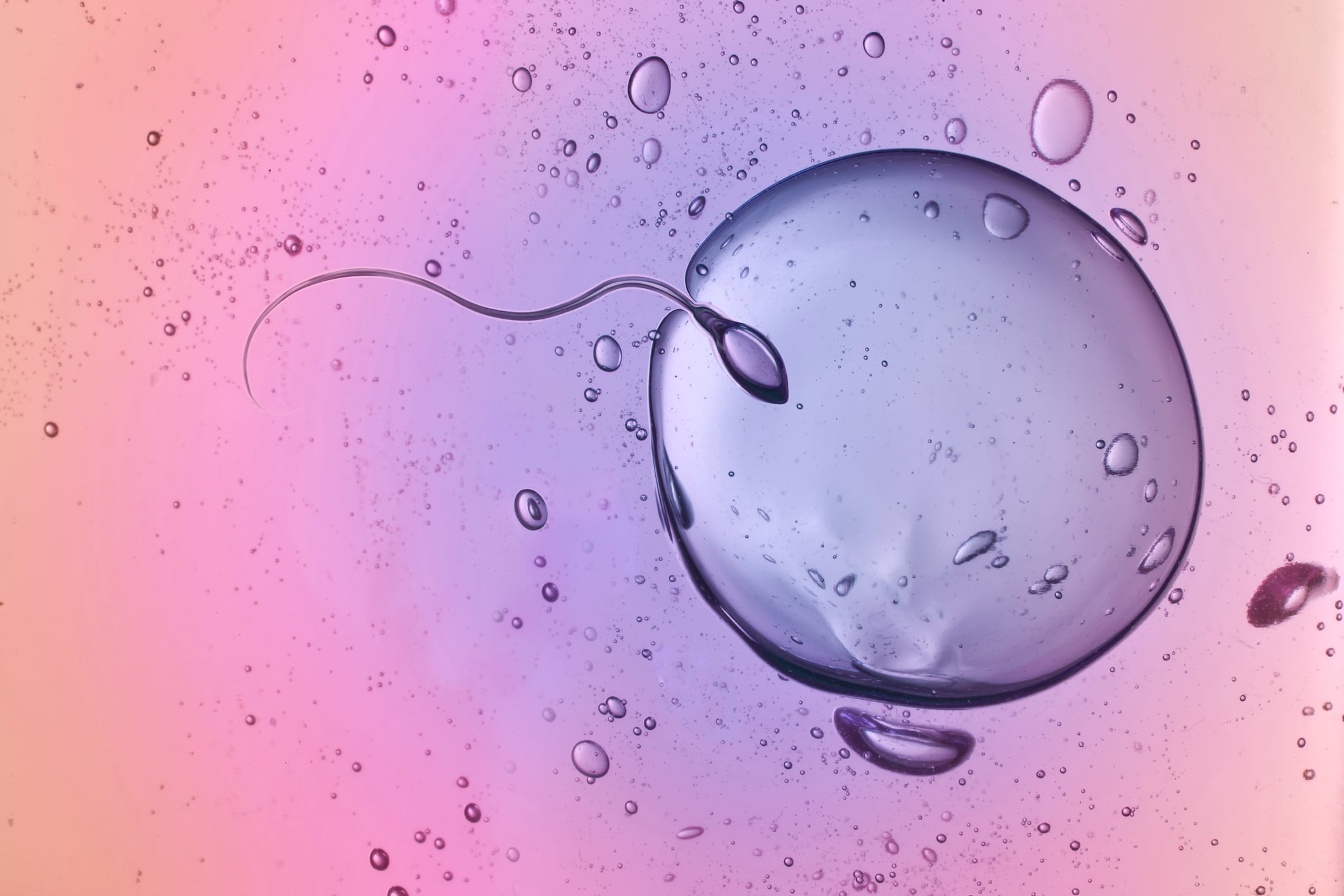Parents make up a significant end-user demographic: According to data from the European Commission, nearly 25% of EU households had at least one child in 2024.
The physical demands of parenting—such as constant movement, sleep deprivation, stress, heavy lifting and multitasking—align closely with the needs addressed by active nutrition brands, and new wearable tech data reveals the opportunity for active parent focused NPD may be growing.
Tracking parent-specific activities
The wearable health and fitness tracker Whoop launched several new activities that users could log last year.
“Parenting is a lot of work,” read the announcement on LinkedIn. “From prenatal vitamins and night feeding to stroller walking and babywearing—you can now log and analyze parent-specific activities and journal behaviors.”
The trackable activities include baby-wearing, toddler-wearing, nursing a baby and dedicated parenting, along with ‘recovery’ activities like cuddling and playing with a child.
According to the Whoop’s annual data report, millennials (aged 29 to 44) were the top loggers of parenting-related activities. This is in line with exclusive data from Lumina Intelligence showing that as many as 78% of individuals between the ages of 25 and 34 use health apps, fitness trackers or similar tools.
Among those surveyed, almost all app users reported purchasing at least one recommended product annually, with 93% reporting that they purchased health products, such as supplements, based on app suggestions.
Nutrition needs of parents
Some brands are already representing the needs of parents of young children. For example, U.S. brand Needed is catering specifically to the new parent, with supplements that support ‘The Fourth Trimester’. Its CognatiQ supplement contains nine targeted nootropic and botanical ingredients formulated to support focus and attention, brain health and memory, and alleviate brain fog and eye fatigue.
French company Boome’s supplement Morale Boost—formulated with saffron, l-tyrosine and l-tryptophan—is also designed to help parents “get through the months following childbirth or any period of emotional stress more calmly.”
UK supplements brand Heights recently launched a hydration solution containing electrolytes and Cognizin citicoline to cater to everyday active consumers.
Dan Murray, the brand’s co-founder, told NutraIngredients that parents looking to improve immune health have historically been a big driver of the company’s product sales.
“Most of our audience are parents, and in our reviews, we see all the time a key reason for buying is the consumer wanting to maintain energy to play with the kids, be available, be conscious and with them on the weekends and after school,” he said.
Murray also noted that parents of nursery-age children are most likely to notice how strong their children’s immune system, as the constant exposure at that age puts it to the test.
“There’s a trend amongst consumers of our Vitals product,” he said. “Most leave reviews talking about immunity, especially those with nursery-age children, saying ‘I’m the only parents in the household who’s not sick all the time’.”
Ingredient opportunities
Discussing other opportunities to cater to the everyday active audience, Murray said creatine research is revealing expansive benefits.
This ingredient may even aid in postpartum recovery. Dr. Stacey Ellery, a research fellow at the Hudson Institute of Medical Research, recently spoke at the Creatine Conference in Munich on how researchers are beginning to ask about whether creatine supplementation could support pelvic floor recovery.
“Creatine promotes a fundamental cellular process, and those cellular processes are heightened through pregnancy because you’ve got a lot of tissue growth, you’ve got a lot of changes in the dynamics of energy, both in growing a whole new organ in the placenta and a whole new person in the fetus,” she said. “And then there’s the energy expenditure associated with actually having the baby, so it’s important to educate people on those elements of where creatine could be helpful.”
For fathers, some well-known ingredients can significantly boost their energy and recovery, such as magnesium and zinc, which play crucial roles in muscle function, testosterone production and reducing fatigue.
Coenzyme Q10 is also vital for mitochondrial energy, and it declines with age and stress, ashwagandha has been found to effectively lower cortisol, and N-acetyl cysteine could help reduce oxidative stress and enhance recovery.
How can brands market for parents?
When marketing to parents, brands need to ensure the product will make a busy day easier, according to Sambhav Chadha, co-founder and director at influencer marketing company Augmentum Media.
“Convenience matters over all,” he told NI. “Brands need to have a super clear idea of when they fit into the parents’ day and how they can solidify their product as part of their daily routine.“
Key takeaways
- Parents could be a major untapped market for active nutrition, with parenting involving physical and mental demands similar to athletic activity.
- Wearable tech like Whoop is now tracking parenting-specific activities, highlighting the physicality of caregiving.
- Millennials (ages 29 to 44) are the largest parenting group and heavy users of wellness tech and app-made supplement recommendations.
- Emerging supplements for parents tend to target stress and cognitive support for new parents, with brands like Needed and Boome leading the way.
- Ingredient opportunities include creatine for postpartum recovery and magnesium, zinc, CoQ10 and ashwagandha for energy and stress relief.
- To appeal to busy parents, brands should focus on ease of use, clear benefits and seamless integration into daily routines.





